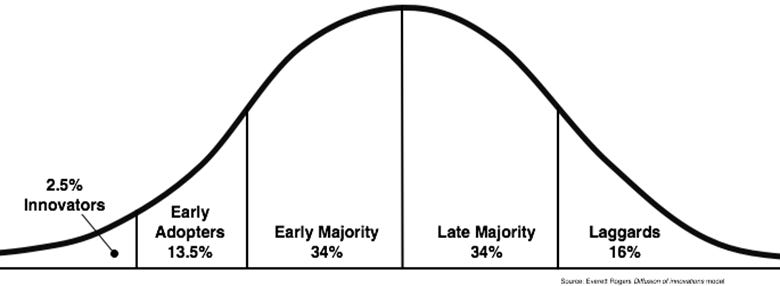All those sci-fi movies, the hype for AR thanks to Pokemon Go years ago, Facebook rebranding itself as Meta in 2021… and the VR industry is still causing some companies to lose billions 😅
Today, in our first dedicated blog, we're going to look at the 9 reasons why I personally think VR is having trouble getting to the mainstream 🥽. Please ignore the order, I just numbered them as I thought of them.
1. It’s not cheap 💸
Given that the average starting price is around $300 and considering it's not something we need in our daily basis, yes, VR headsets aren't exactly cheap. But it’s a whim that's a lot cheaper than it was a few years ago.
I remember in 2017, I wanted to get the HTC Vive that we were using at my masters, but it was around $800!
In 2020, Meta changed the game by launching the Quest 2 at a price of $300, making VR more affordable for many, including me. I mean, I'm sure there are cheaper brands out there, but it's a bit like the mobile phone market, you have two choices:
Either opt for a budget-friendly device and use it until it gives out 🩹
Or invest heavily in a top-tier brand that you're passionate about (Ahem, cult 🍏. Guilty.)
I just realized that just as there are mobile phone brands that make refrigerators, there are now social networks that make VR glasses 🧐
2. Only for early adopters 🥇
So who are the current users of VR? I thought we'd see a lot more people getting a headset this year, but it's just not happening. If you have a VR headset, congratulations, you are still an early adopter! 🥳
Whenever I think about early adopters, I am reminded of a graph I used for my high school final project that shows how a trend is adopted.
In the case of VR, it's still among the early adopters, trying to reach the early majority, but it's not there yet 🥸. And that's a shame, because it's only when it really reaches that early majority that it's going to spread to the masses.
Some might see it as better that way, people coming into the virtual world might feel a bit like gentrification lol, but I see it as a determining factor in losing or gaining interest in it. If there's no one in there, why should I?
The way I see it, there are 3 main approaches to VR:





